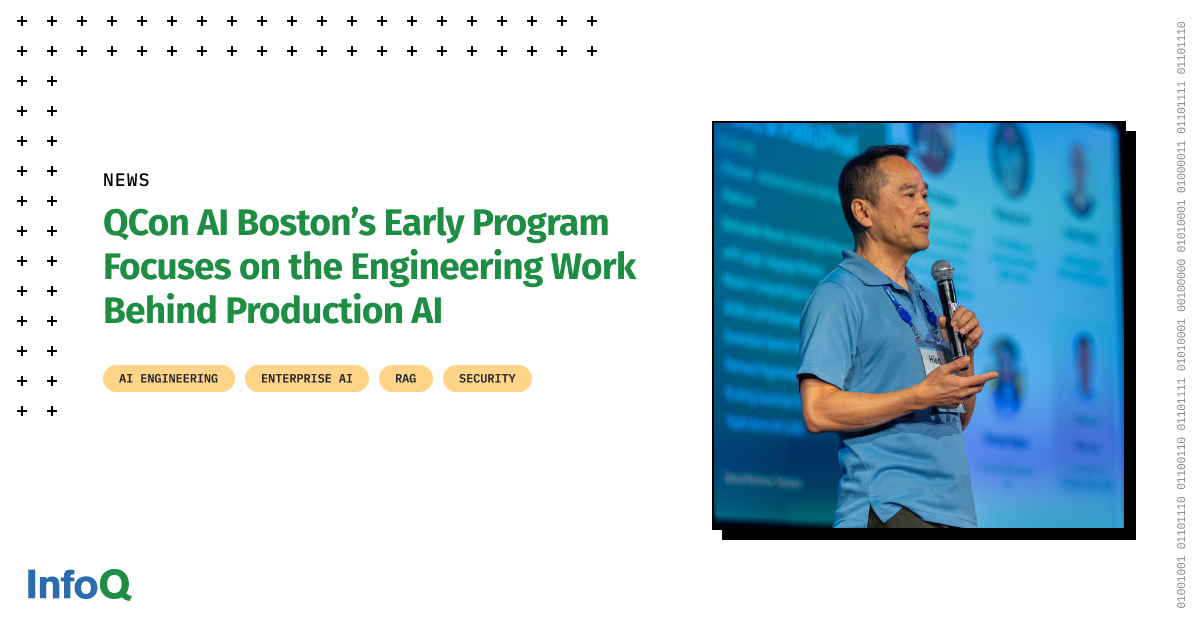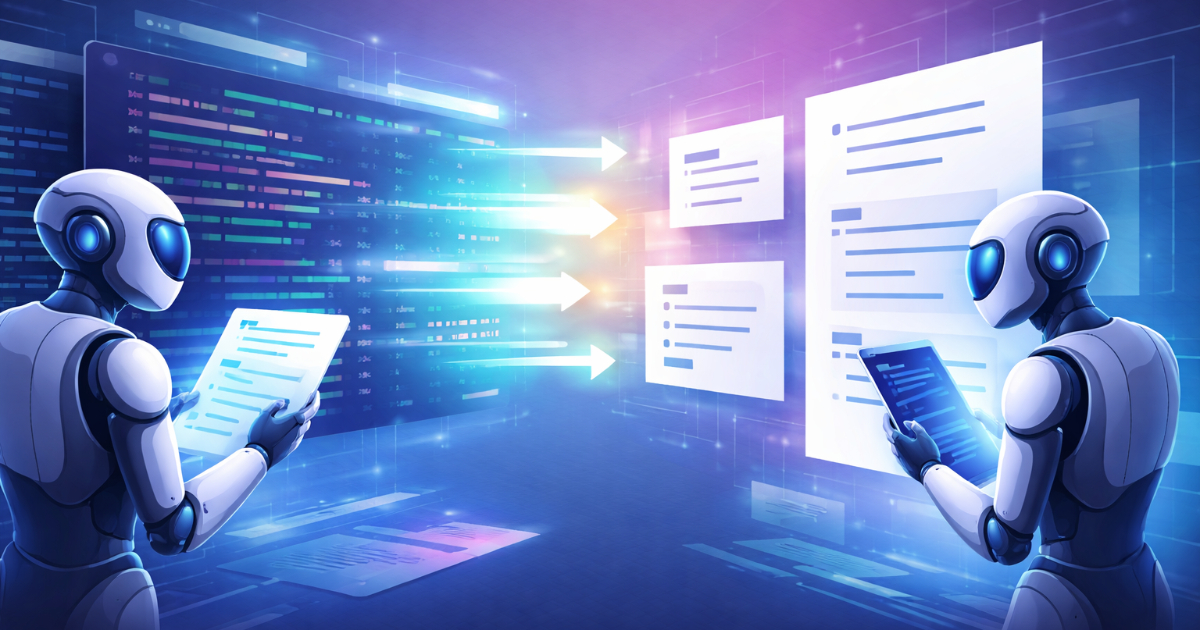Codetown
Codetown ::: a software developer's community
My bud Matt Raible blogged about reading a Scala book and I mentioned Stuart Holloway's "Programming Clojure"
Good question. Eric Lavigne said a few things about Clojure that caught my attention:
"My knowledge of Groovy and Scala are very limited, but here are my impressions relative to Clojure.
Scala seems like a good programming language. Its static typing reduces its flexibility compared to Clojure, but may still be a good deal because it helps with catching errors more quickly. Scala also has been around longer than Clojure, and has used that time to develop more sophisticated libraries than are available for Clojure right now. So why is Clojure still worth learning? Scala gets much of its flexibility from having a lot of features built into the language. Clojure has a small number of language features that are carefully chosen to work well together. The result is a language that is both very flexible and very easy to learn.
One of the design goals of Groovy was to be compatible with Java code, but providing some extra features, just as C++ was designed to be compatible with C. This is a good thing if you have a lot of Java code that you want to migrate, or if you are uncomfortable with learning something new. However, Java is inflexible and overly complicated, and trying to maintain compatibility with Java prevented Groovy from being much better than Java. I quickly lost interest in Groovy so it's possible that I missed something - I would love to hear what advantages Groovy has compared to Scala or Clojure."
There's a Clojure group on the web and this spawned a discussion there entitled "Matt Raible: "Why is Clojure better than Scala or Groovy?"
Let's discuss this!
I am going to take another look at Eric's Clojure code that won the CodeTown Coding Contest #1 on Wari. It's a great way to see how things wrk from a practical perspective. The Compojure web framework is also something I want to see... Stay tuned!
Tags:
Replies to This Discussion
Notes
Welcome to Codetown!
 Codetown is a social network. It's got blogs, forums, groups, personal pages and more! You might think of Codetown as a funky camper van with lots of compartments for your stuff and a great multimedia system, too! Best of all, Codetown has room for all of your friends.
Codetown is a social network. It's got blogs, forums, groups, personal pages and more! You might think of Codetown as a funky camper van with lots of compartments for your stuff and a great multimedia system, too! Best of all, Codetown has room for all of your friends.
Created by Michael Levin Dec 18, 2008 at 6:56pm. Last updated by Michael Levin May 4, 2018.
Looking for Jobs or Staff?
Check out the Codetown Jobs group.
InfoQ Reading List
Decentralizing Architectural Decisions with the Architecture Advice Process

Our system architectures have changed as technology and development practices have evolved, but the way we practice architecture hasn’t kept up. According to Andrew Harmel-Law, architecture needs to be decentralized, similar to how we have decentralized our systems. The alternative to having an architect take and communicate decisions is to “let anyone make the decisions” using the advice process.
By Ben LindersQCon AI Boston’s Early Program Focuses on the Engineering Work Behind Production AI

As teams move AI from pilots to production, the hard problems shift from demos to dependability. The first confirmed talks for QCon AI Boston (June 1–2) focus on context engineering, agent explainability, reasoning beyond basic RAG, evaluation, governance, and platform infrastructure needed to run AI reliably under real-world constraints.
By Artenisa ChatziouGitHub Data Shows AI Tools Creating "Convenience Loops" That Reshape Developer Language Choices

GitHub’s Octoverse 2025 report reveals a "convenience loop" where AI coding assistants drive language choice. TypeScript’s 66% surge to the #1 spot highlights a shift toward static typing, as types provide essential guardrails for LLMs. While Python leads in AI research, the industry is consolidating around stacks that minimize AI friction, creating a barrier for new, niche languages.
By Steef-Jan WiggersCloudflare Debuts Markdown for Agents and Content Signals to Guide AI Crawlers

Cloudflare has introduced “Markdown for Agents,” a feature that lets AI crawlers request Markdown versions of web pages. The company pairs the feature with a proposed “Content Signals” mechanism that lets publishers declare whether their content may be used for AI training, search indexing or inference.
By Matt FosterPresentation: What I Wish I Knew When I Started with Green IT

Ludi Akue discusses how the tech sector’s rising emissions impact our global climate goals. Drawing from her experience as a CTO, she explains seven key lessons for implementing Green IT. She shares insights on LCA assessments, the paradox of microservices, and why FinOps doesn’t always equal green.
By Ludi Akue
© 2026 Created by Michael Levin.
Powered by
![]()